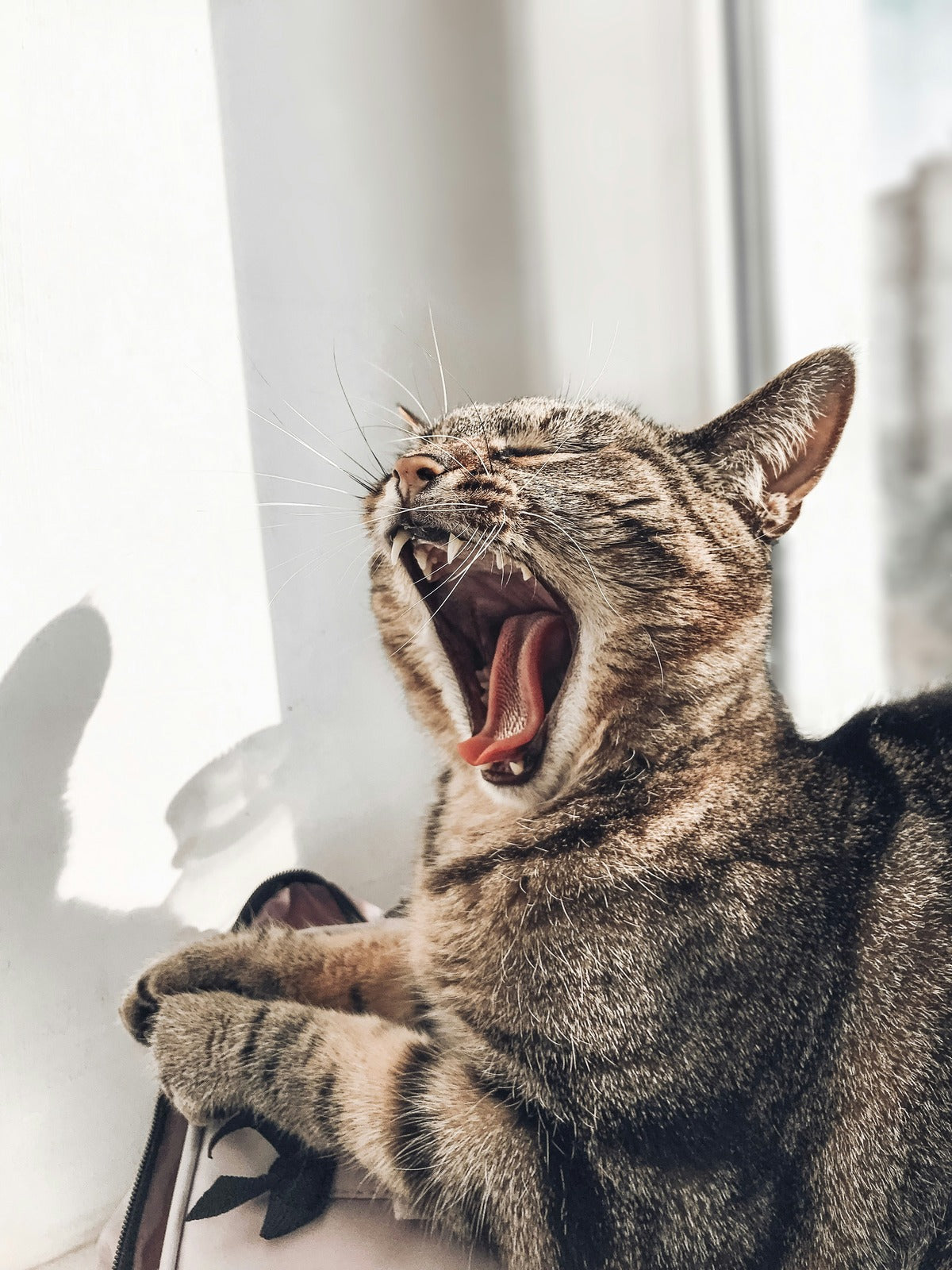Why Collagen Is an Important Part of Your Pet’s Body
You’ve probably looked at joint supplements sitting on the store shelves and wondered if they were the right choice. Uncover the essential role collagen plays in your pet's health! Explore its benefits for joints, skin, and more, and learn about natural supplements that can support your pets well-being.
If you have a senior pet, you’ve probably looked at joint supplements sitting on the store shelves and wondered if they were the right choice. Or, you may have been confused by all the options — glucosamine, chondroitin, even prescription joint medications. Collagen supplements are a great way to support your dog or cat’s joint health with a safe, natural ingredient found right in their own body. Plus, collagen plays a beneficial role in many of your pet’s body functions. Here’s what makes collagen an important part of your pet’s body.
What Exactly Is Collagen?
Collagen is a protein that helps create the structures for many of the body’s various parts — both moving and stationary. It helps form skin and hair tissues, lines the organs, and provides structure for blood vessels, bones, and joints. Just like other proteins in the body, collagen requires a good intake of amino acids, vitamins, and minerals to stay functioning. Collagen production also decreases with age, making it important to provide extra nutrients for your senior pet to keep their joints, skin, and organs functioning properly.
What Makes Collagen so Important?
Besides making up about 30% of your dog or cat’s body, collagen is important because it plays so many roles. Not only does it help provide structure for bones and joints, it assists in the elasticity of certain tissues to help them move food through a GI tract, or blood through a vessel. Collagen also helps in the replenishment of dead skin cells by aiding in new cell production, and even has a role in blood clotting [1].
Collagen can be found naturally in many different foods. This includes bone meals, seafood, and bone broth [2]. Feeding your pet whole food products that contain organ meats or animal byproducts can also provide an important source of collagen.
What Are the Types of Collagen?
While there are many different types of collagen, some types are more prevalent than others — namely types I, II, and III. Each type of collagen helps play a different role.
Type I
Type I collagen is the most abundant collagen found in the body, making up 90% of all collagen. It’s a densely packed tissue that is found in the skin, bones, tendons, and ligaments. It helps give the skin and tendons some elasticity.
Type II
Type II collagen plays a role in joint support in the form of elastic cartilage. This includes places such as between the ribs, the ear flap, and parts of the nose. Elastic cartilage can also be found in the epiglottis that covers the throat to protect the airway when swallowing.
Type III
Type III collagen is found in muscles, arteries, and organs. It helps with the structure of organs and tissues that need to be able to expand and contract somewhat, such as blood vessels and smooth muscle tissue like the GI tract.
Type V
A less common type of collagen, type V is found in the cornea, placenta, and some hair and skin layers. It helps form a fibrous tissue matrix that gives these tissues their structure.
Type X
Type X collagen is another less common type, found in the articular cartilage of joints. Articular cartilage sits between two bones to help form the joint and hold the bones together. Type X collagen also helps with joint mineralization and growth.

Photo by Berkay Gumustekin on Unsplash
How a Collagen Supplement Can Help
There are many joint supplements on the market that use a variety of natural ingredients to help boost joint health. Most notable are glucosamine and chondroitin. However, other ingredients such as fish oils, MSM, and green-lipped mussel can all help improve joint health. Collagen supplementation is another great way to help the joints.
Supplementing collagen can help give your dog or cat the boost they need to keep their skin and joints healthy. Older pets as well as some breeds of dogs and cats, may need extra joint support. However, a joint supplement that includes collagen can help maintain healthy joint function [3].
Collagen is a natural supplement that is easy for your pet to use. But, as with any supplement, it’s always best to ask your vet first if it’s right for your pet. Your vet can help monitor your pet’s joint and skin health, and alert you to any possible contraindications.
Boosting Natural Collagen Production

While supplementing collagen by itself can help, providing extra nutrients to help the body produce and repair its own collagen makes a big difference. Providing essential vitamins and minerals, such as vitamin C can help maintain natural collagen synthesis. Other ingredients, such as eggshell can help boost vital minerals needed by the body, as well as provide essential amino and hyaluronic acids that help with collagen production.
Collagen Plus is a great way to supplement your dog or cat’s diet. It helps promote healthy joints, skin, and overall health. Not only does it contain naturally occurring sources of collagen, such as bovine collagen, and UC-II, it also includes other ingredients like eggshell membrane, bamboo silica, and vitamin C. This one-two punch of ingredients helps boost natural collagen levels while promoting the production of new collagen in the body. Plus, it also comes as an easy-to-give powder so you can mix it into your pet’s wet food, kibble, or homemade diet.
Your pet’s joints help them to play, move, and enjoy life. And collagen is one of the important tissues that make that happen. By adding a natural supplement to protect their joint — and skin and organ — health, you can help support a healthy body.
Sources:
[1] Collagen: What it is, types, function & benefits. Cleveland Clinic. (2022, May 23). Accessed 06 June 2024. https://my.clevelandclinic.org/health/articles/23089-collagen
[2] Kubala, J. (2023, December 5). Collagen: Benefits, side effects, and more. Healthline. Accessed 06 June 2024. https://www.healthline.com/nutrition/collagen#food-sources
[3] Martí-Angulo, S., & García-López, N. (2014, December 15). Efficacy of an oral hyaluronate and collagen supplement as a preventive treatment of elbow dysplasia. Journal of Veterinary Science. Accessed 06 June 2024. https://www.ncbi.nlm.nih.gov/pmc/articles/PMC4269601/





